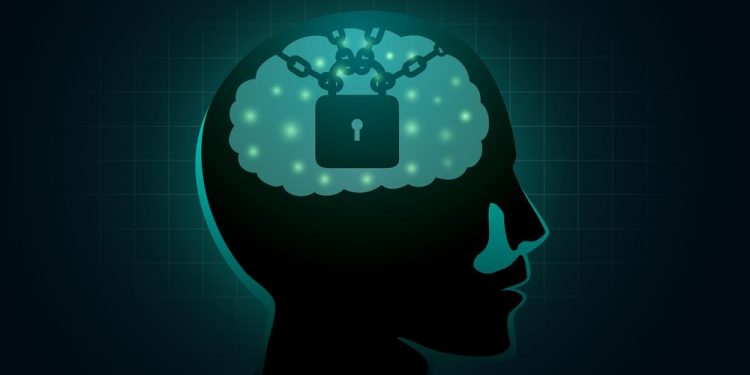Pathological gambling symptoms include the inability to control a person’s urge to gamble, even when it harms themselves or others. These people are often addicted to gambling, but they may also have other mental health disorders such as depression or anxiety.
They may also have a low level of serotonin, which is a natural chemical that is found in the brain and can help to regulate mood. Individuals with a low level of serotonin can be at increased risk for developing gambling addiction.
Other factors that may contribute to developing a gambling problem are depression, schizophrenia, mood problems, antisocial personality disorder (ASPD), or alcohol or drug use. Some of these conditions can be treated by medication, but others require a combination of treatment methods.
Psychotherapy is often used in the treatment of pathological gambling. This treatment aims to change the way a person thinks and acts and to help them recognize the thoughts and behaviors that lead to gambling. Counseling is often also offered to family members, if the gambling is causing conflicts in the home or between a person and their partner.
Medications that have been shown to be helpful for treating gambling disorder include antidepressants and mood stabilizers. Some of these medications are also helpful in treating co-occurring mental health disorders that may accompany gambling.
There are a number of different coping skills that individuals with a gambling problem may use to deal with stress and to prevent relapse. These coping skills vary from person to person and can include avoidance and impulsive behavior patterns.

Many people with a gambling problem also experience problems with other aspects of their life, such as relationships and work. Some may also have financial problems, such as debt and bankruptcy. Some may suffer from health problems, such as high blood pressure, heart disease or gastrointestinal issues.
They can develop other problems, such as a low self-esteem and feelings of worthlessness. They may also become irritable and depressed.
In addition, they may be more likely to rely on others to provide money for them to gamble. This can cause them to go broke, and they can then lose their jobs, education or career opportunities.
Recovering from pathological gambling is a long-term process that can take months or even years. It is important to seek out the right treatment early so that there is a better chance of recovery.
The right treatment can help to prevent many of the behavioural, emotional, and financial problems associated with pathological gambling. It can also help to reduce the likelihood of relapse and allow a person to enjoy their lives again.
Some researchers believe that a person with a gambling problem can learn to replace their cravings for gambling with a more healthy coping strategy. This involves changing the way a person thinks about their gambling and learning new ways to relax when faced with an opportunity to gamble.
The first step in getting help is finding a reputable gambling intervention service that can help a person to stop their gambling. The service will usually offer a free consultation and help the person decide whether to get treatment.









